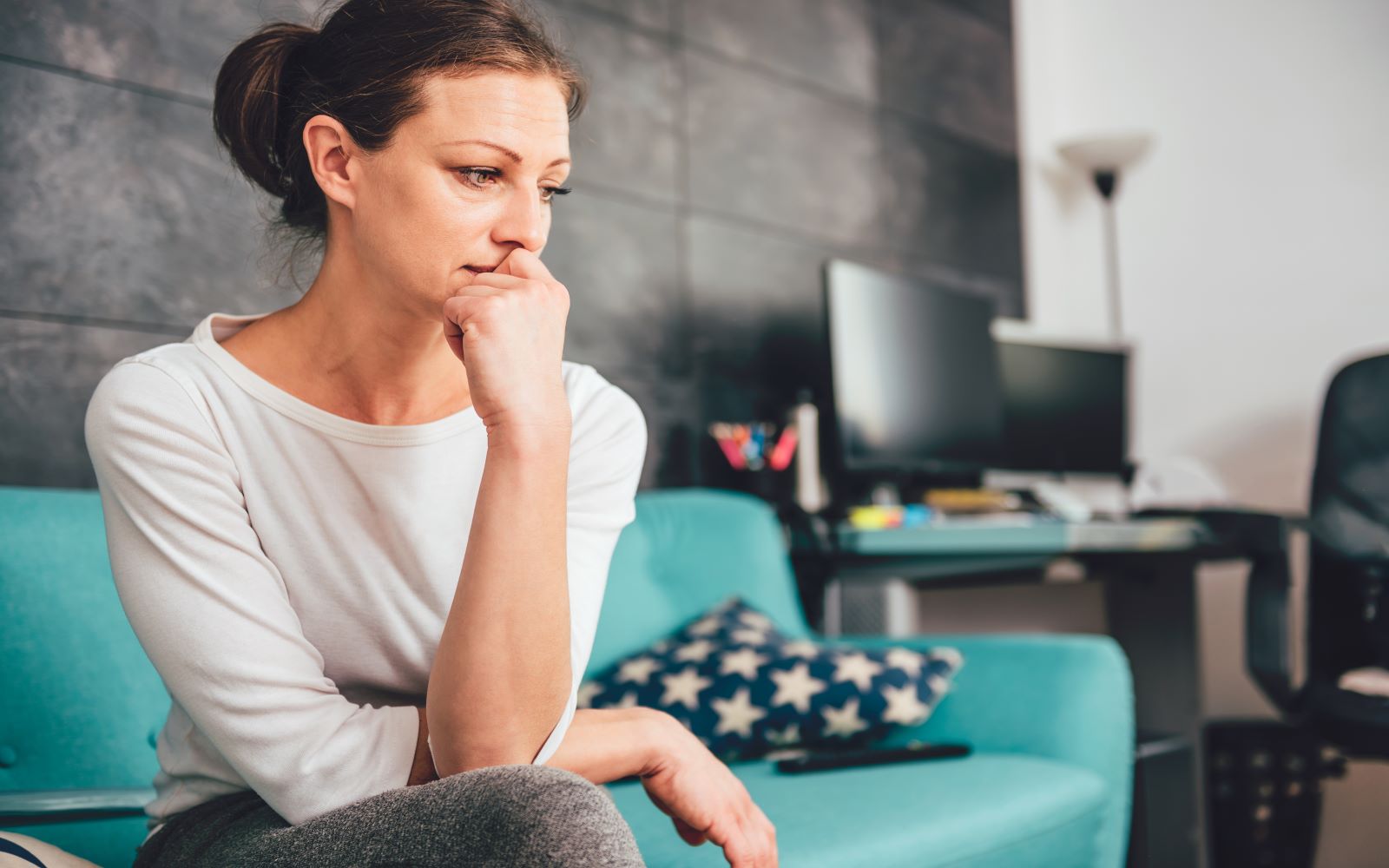
A Personal Account of Domestic Abuse and Mental Health
“Women who have been abused by a partner are three times more likely to suffer depression, anxiety or server conditions such as schizophrenia or bipolar disorder than women who have not been exposed to domestic abuse”. Source: BMJ 2019.
Growing up, I always knew I’d find someone to love, someone to share my life, and to create new life with – a happy home with contented and playful children were always part of my life’s agenda. The problem was that the person whom I thought was on board with my ‘forever life’s’ vision was an abuser – and a very good one too!
I’m educated and worldly, strong minded and independent, but really, I knew NOTHING – nothing about the realities of the life I was living at the hands of the man whom I loved, the father of my children – and absolutely nothing about living with a talented and brilliant domestic abuser.
Domestic abuse is a strange beast that often lives quietly and secretly at the onset of a romantic relationship – only poking out its subtle and discreet manipulative head on the rarest of occasion, so we don’t notice that something isn’t quite right, or as it should be. As time goes on, the more we become invested in our romantic relationship, it slowly increases its appearances and presents more facets of its ugly personality – gaslighting, invalidation, pathological lying, isolation, intimation to name but a few. Until one day, we realise we’re expanding all our energy on trying to regain, what is only an illusion of a life filled with happiness and security. We no longer recognise the partner who ‘love bombed’ us, or our existence. We ask ourselves, “What has my life become? “and “How and why is this happening to me?”
Every woman and child who has been affected by domestic abuse will have their own and unique story to share – each with its own suffering and depths of despair, but quite often the most damaging and long-lasting effect of domestic abuse is the impact it has on our mental health. Overtime the physical injuries eventually heal, the broken plates are replaced and life seems to find a way of continuing in the fog we frequent – but it’s the daily relentless personal mental battles we struggle with that prevent us from healing. Whether it’s the ramped-up adrenalin pumping around our body when we know we’re about to encounter another round of abusive behaviour, or the eggshells we tip-toe on to avoid the wrath of being blamed for something we didn’t do… it all takes its toll on our fragile and complex mental health.
Often, we’re unable to recognise the extent of our mental angst, the depths to our pain and the damage that we carry around, often hidden from the world we reside. It’s the cruel reality of domestic abuse that our abuser continues to haunt our mental pathways, continuing to impact on our daily routine – long after they have physically been removed from our lives. Some of us live for years, decades and beyond with the mental impact of domestic abuse, often using a variety of coping mechanisms to manage the pain – and sometimes just to get through the day.
Last year, my mental health reached its lowest depth – a depth that was consumed with darkness and despair. My history of domestic abuse had finally caught up with me, it had totally consumed my every fibre and I could no long cope with the constant intrusive thoughts, the replaying of traumatic events on a loop and accepting the reality of everything my children and I had lost – our home, our friends, our future and all the stability it brought – Taken away at the hands of mine and my children’s abuser.
It was only after I raised my desperate hand to my GP and asked for help that I eventually started to see a glimmer of light in the darkness, a referral to an amazing psychotherapist who was able to hold my hand whilst I slowly began the journey of truly healing and putting back the shattered pieces of my mind. I won’t deny that therapy can be challenging and quite often takes you to places you’d prefer not to revisit – the journey can be exhausting, but without it, I would not have been able to rebuild and restore my mental health. Domestic abuse has a devasting impact on our mental wellbeing, but we do have a choice to access the support that is available to help us heal and move on to build a new, and sometimes, a different life to how we envisaged it once to be.
Written by a survivor.
If you need domestic abuse support or advice please contact us.
